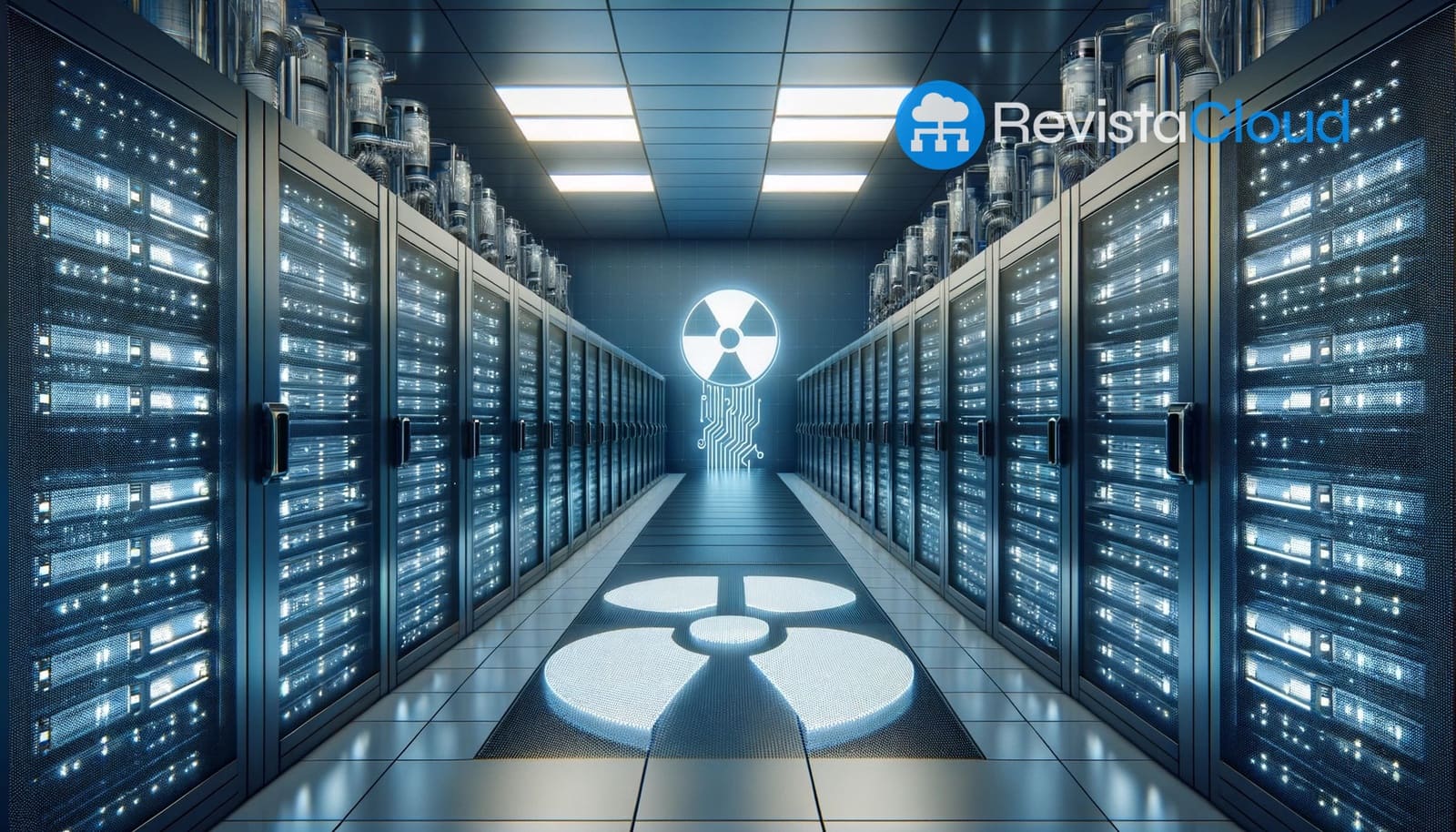Sure! Here’s the translation:
Diablo Canyon relies on a specialized AI platform to navigate through 2 billion technical pages and improve operational efficiency in the nuclear sector.
In a highly regulated and complex sector like nuclear, where each intervention generates detailed technical documentation, efficient knowledge management has become a strategic challenge. Atomic Canyon, a young startup founded by Trey Lauderdale, has developed an AI-based solution that radically transforms how professionals access key information at plants like Diablo Canyon in California.
The project is not just a simple digitization of files. Atomic Canyon applies advanced natural language processing (NLP) and Retrieval-Augmented Generation (RAG) technologies to tackle one of the industry’s biggest bottlenecks: finding the right documentation accurately and within seconds from a file that exceeds 2 billion pages.
An AI Trained to Speak "Nuclear"
Unlike generalist models that struggle with technical terminology, Atomic Canyon has trained its own AI models in collaboration with the Oak Ridge National Laboratory (ORNL). To achieve this, they utilized Frontier, the world’s fastest supercomputer, and accessed the massive document repository of the Nuclear Regulatory Commission (NRC), which contains over 53 million public pages.
The technique of sentence embedding allows the AI to understand technical contexts and associate them with specific document fragments, providing reliable results without falling into the so-called “hallucinations” typical of generic models. Moreover, the integration of the RAG approach ensures that each response is based on real documents, reinforcing traceability and regulatory compliance.
A Pioneering Deployment with NVIDIA and PG&E
The first large-scale implementation of the platform is taking place at the Diablo Canyon plant, operated by Pacific Gas and Electric Company (PG&E), with support from advanced computing infrastructure provided by NVIDIA. This collaboration not only validates the product’s potential but also sets a precedent in the digital transformation of the nuclear energy sector.
Since the start of the agreement in 2024, the tool has become an efficiency engine for technicians, engineers, and compliance officers, allowing them to access manuals, reports, and regulations in seconds, reducing risks and improving decision-making.
Technology Designed for Humans, Not to Replace Them
Trey Lauderdale, former CEO of Voalte and with prior experience in health technology, has made it clear that Atomic Canyon does not aim to replace human professionals. In this initial phase, the AI acts as a document search engine, without intervening in operational decisions. Functions in development, such as the automatic generation of titles or draft reports, will always be supervised by humans.
“We adhere to a basic principle: the human always makes the final decision,” Lauderdale states. This philosophy ensures that the use of AI in a high-responsibility environment like nuclear maintains the highest safety and control standards.
Funding and Roadmap
The company recently closed a $7 million seed round led by Energy Impact Partners, with participation from Commonweal Ventures and Plug and Play Ventures. This capital injection will enable them to continue scaling the technology and enhancing search capabilities, cross-referencing, and document analysis.
Atomic Canyon is already collaborating with next-generation reactor manufacturers, national laboratories, and other nuclear power plants interested in replicating the model. Their vision is clear: to create an intelligent infrastructure for accessing technical information that is as reliable as it is secure.
Towards an AI-Augmented Nuclear Knowledge Infrastructure
In an era of accelerated energy demands driven by the computing needs associated with artificial intelligence, Atomic Canyon positions itself as a key player in the digitalization of a historically conservative sector. The company demonstrates that applying AI responsibly and specifically, with models trained to understand the technical domain, is not only possible but essential for moving toward a more agile, safe, and efficient nuclear energy future.
Beyond being an intelligent search engine, Atomic Canyon aims to become the documentary brain of 21st-century nuclear operations. Its case illustrates how the future of energy is also played out in algorithms.

